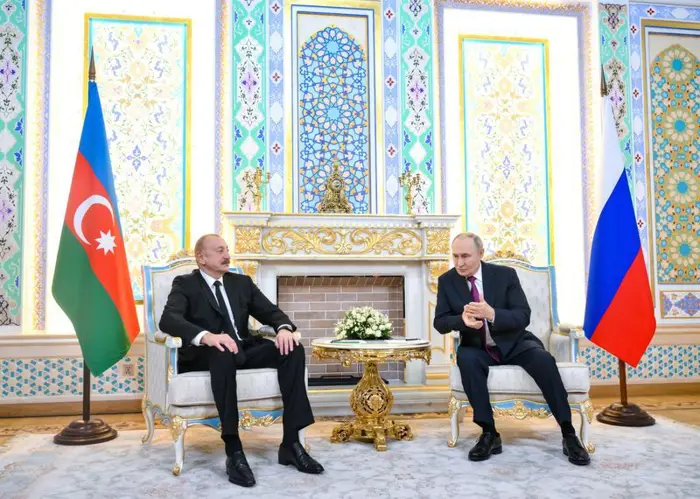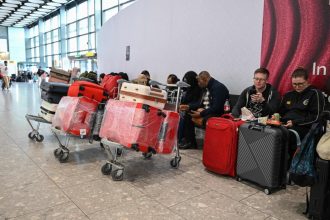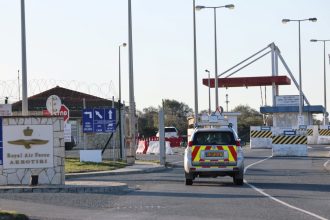In a move signaling a potential thaw in strained relations, Azerbaijan has released Russian journalist Igor Kartavykh, executive director of Sputnik Azerbaijan, to house arrest — a decision that followed a pivotal meeting between Russian President Vladimir Putin and Azerbaijani President Ilham Aliyev in Dushanbe, Tajikistan.
According to Russia’s Kommersant, the Kremlin confirmed Kartavykh’s release, which comes months after his June arrest alongside colleagues amid a diplomatic rift between Moscow and Baku. The release was also verified by two Azerbaijani government sources who spoke to Reuters, though one noted that Kartavykh’s legal status and possible prosecution remain uncertain.
The controversy began when Baku ordered the closure of Sputnik Azerbaijan, a branch of the Russian state media company Rossiya Segodnya, citing concerns over operations in the South Caucasus. Reports indicate that an Azerbaijani national — whose name remains undisclosed — was freed from Russian custody in exchange for Kartavykh.
Kremlin aide Yuri Ushakov told Kommersant that Kartavykh’s release was agreed upon just before Thursday’s meeting between Putin and Aliyev. During their discussion, Putin made a rare public acknowledgment that Russia’s air defenses had accidentally downed an Azerbaijani passenger plane last December, resulting in at least 38 fatalities. He also pledged compensation to the victims’ families, describing the incident as a tragic mistake amid heightened military tensions.
The fatal crash had severely strained Moscow-Baku relations, compounded by subsequent arrests of Russian state journalists in Azerbaijan and ethnic Azerbaijanis in Russia — some of whom died in police custody, sparking public outrage and diplomatic tension.
While the release of Kartavykh is a step forward, it underscores the fragile balance between diplomacy and accountability. Both nations now face a critical juncture — one that could either heal long-standing mistrust or reopen deep wounds if transparency falters.
At the heart of this story lies a reminder that human connections and dialogue remain the most powerful tools for rebuilding trust. Beyond the politics and the headlines, these moments reveal the shared humanity that diplomacy too often forgets.








